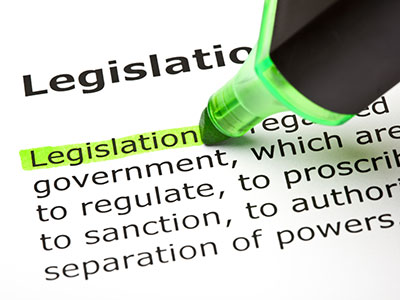If a third party sends you someone’s trade secrets, and you delete them as soon as you know they’re trade secrets, you’re off the hook for misappropriation.
That, in a nutshell, is what a Florida federal judge held on January 14, when he dismissed Dyncorp International LLC’s allegations that rival contractor AAR Airlift Group, Inc. stole trade secrets to gain an unfair advantage in securing a multibillion-dollar government contract. The contract, which Dyncorp had performed for more than 20 years, was to provide aviation support to the U.S. State Department for its counter-narcotics operations. READ MORE











